
Catch up with some of CGTLive’s top conversations from the annual ASTCT and CIBMTR meeting.

Catch up with some of CGTLive’s top conversations from the annual ASTCT and CIBMTR meeting.
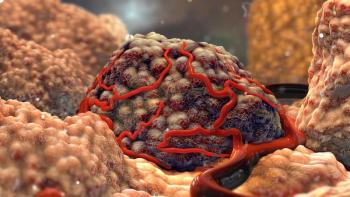
Alison Betof Warner, MD, PhD, assistant attending physician, Memorial Sloan Kettering Cancer Center, discussed the solid tumor session she chaired at the 2023 Tandem Meetings.
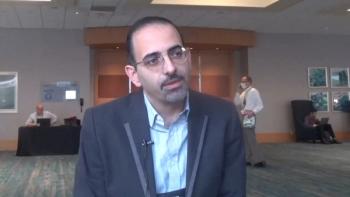
The associate professor of medicine at Sylvester Comprehensive Cancer Center discussed updated data from the phase 3 ALLELE study.
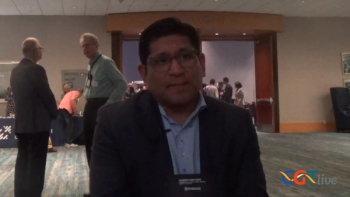
The vice chair for cellular therapies at Roswell Park Comprehensive Cancer Center discussed new research from the center presented at the 2023 Tandem Meetings.
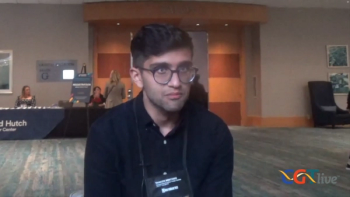
The MD, PhD candidate at Baylor College of Medicine discussed findings from a new study presented at the 2023 Tandem Meetings.
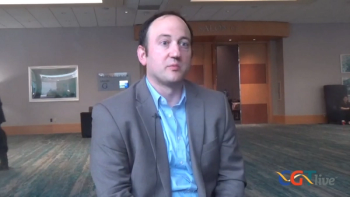
The assistant professor of BMT and cellular therapy discussed updated safety and efficacy data on CD22 CAR T-cell therapy.
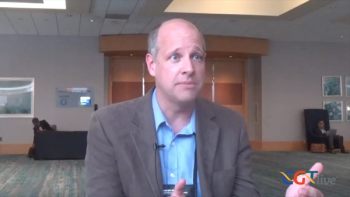
The assistant professor of medicine and pediatrics at Stanford University discussed updated data from 2 studies of Orca-T cell therapy.
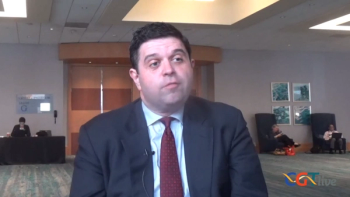
The professor medicine and pediatrics at Washington University in St. Louis overviewed data from the SPEARHEAD-1 trial of afami-cel.
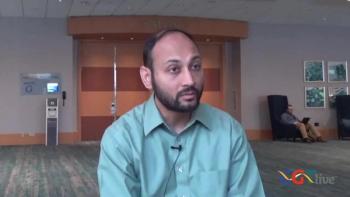
The assistant professor of medicine at Vanderbilt University Medical Center discussed results from a retrospective analysis presented at the 2023 Tandem Meetings.
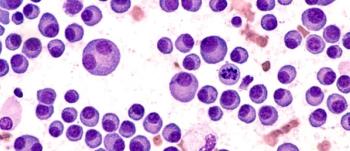
It was found that ctDNA levels at 28 days post-treatment were significantly higher for patients who ultimately progressed by 90 days post-treatment.
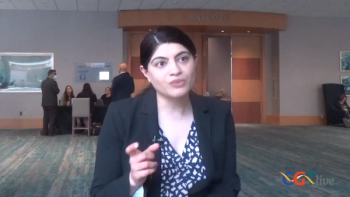
The assistant professor of medicine, bone marrow transplantation and cellular therapy, Stanford, discussed favorable data from a real-world experience study.
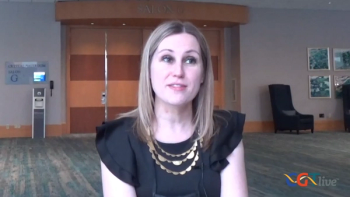
The hematologist/oncologist at Cincinnati Children’s discussed unfavorable outcomes with tisa-cel reinfusion in patients with B-cell acute lymphocytic leukemia.
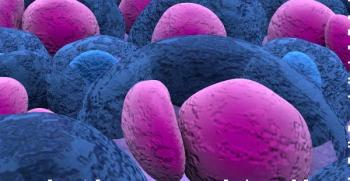
Median PFS was 13.3 months in the ide-cel arm, compared to 4.4 months for the SOC arm.
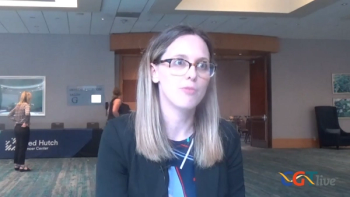
The locum consultant of pediatric BMT and leukemia at Royal Manchester Children’s Hospital discussed the limited distribution model of arsa-cel in Europe.

Patients with large B-cell lymphoma had an ORR of 68% and a CR rate of 53%.
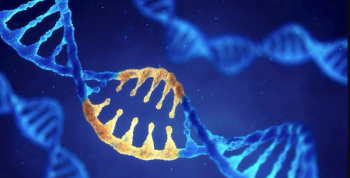
No adverse events related to RP-L201 have been reported to date.
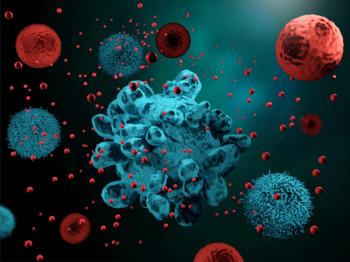
Among the 14 patients with relapsed/refractory mantle cell lymphoma who were treated with LV20.19 CAR in the trial, the overall response at 28 days post-treatment was 100%.
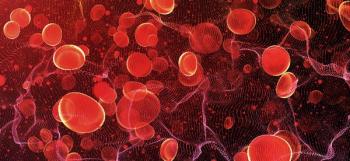
Long-term hematologic stability has been observed in at least 6 out of 10 patients with at least 12 months of follow-up.
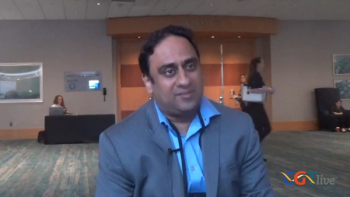
The associate professor of medicine at Medical College of Wisconsin discussed trials assessing the dual, CD19/CD20-targeting CAR T therapy.
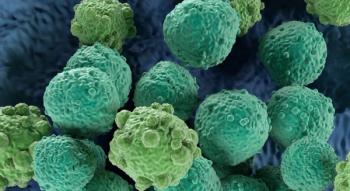
Among 43 patients who had EBV+ PTLD following allogeneic hematopoietic cell transplant or solid organ transplant, the overall response rate was 51.2%.
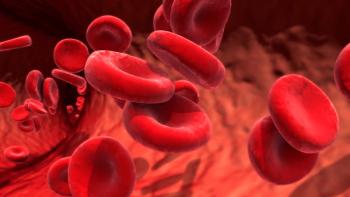
Neither patient treated with RP-L301 required RBC transfusions at any point post-engraftment.
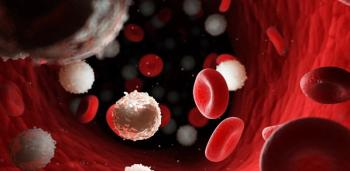
There was a continued trend toward improvement of overall survival with omidubicel at 73% compared with UCBT at 60%.

The analysis of data from ZUMA-7 demonstrated significant efficacy for axi-cel over second-line standard treatment.

Tisa-cel was associated with a more favorable safety profile in the analysis.

In this population, median progression-free survival was nearly 40 months.

KUR-502 elicited promising response rates for patients with relapsed or refractory B-cell malignancies in a phase 1 study.

The treatment seeks to improve immune reconstitution and graft-versus-leukemia immune response without increasing the risk of GvHD in children and young adults with hematologic malignancies.

Preliminary findings from the phase 1 clinical trial demonstrate good cell persistence and expansion in vivo.
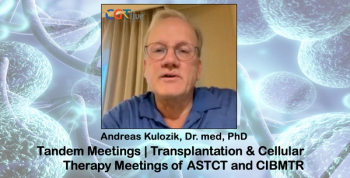
The real-world data support the recently published results from a phase 3 study, which showed most patients achieved transfusion independence.
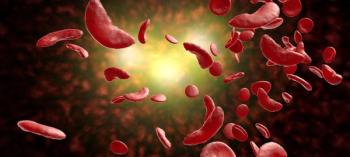
The greatest improvements were seen in the Pain, Fatigue, and Physical Functioning domains.